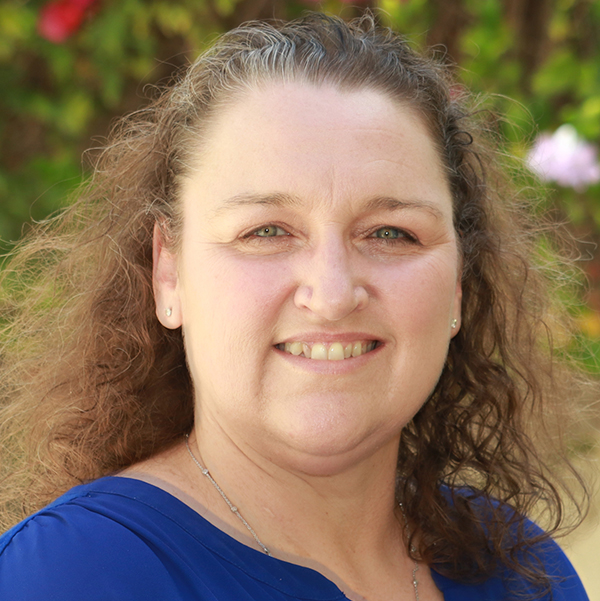
Advance LA is excited to recognize Mental Health Awareness Month, which is observed during the month of May; it aims to bring attention to the mental health needs and challenges faced by young adults as they transition into adulthood. Organizations and communities often use this month to educate, raise awareness, and provide support for young individuals dealing with mental health issues.
Young adults can benefit from developing a range of coping skills to help manage their mental health. Here are some strategies that may be helpful:
1. Self-Care: Encourage them to prioritize self-care activities such as getting enough sleep, eating healthily, exercising regularly, and taking time for hobbies and relaxation.
2. Communication: Encourage open and honest communication with trusted friends, family members, or mental health professionals about their feelings and experiences.
3. Mindfulness and Meditation: Suggest mindfulness practices or meditation to help manage stress, increase self-awareness, and promote overall well-being.
4. Healthy Boundaries: Help young adults set healthy boundaries in relationships, work, and social situations to protect their mental health and well-being.
5. Seeking Help: Encourage them to seek professional help if needed, whether through therapy, counseling, or support groups.
6. Routine and Structure: Establishing a daily routine and structure can help young adults feel more grounded and in control of their lives.
7. Physical Activity: Regular exercise can have a positive impact on mental health by reducing stress, anxiety, and depression.
8. Journaling: Suggest journaling as a way to express and process emotions, track patterns, and gain insight into their mental health.
It’s important to remember that everyone is different, and coping skills that work well for one person may not work as effectively for another. Encourage them to explore and experiment with different strategies to find what works best for them.
Parents play a crucial role in supporting young adults with mental health needs. Here are some ways parents can provide support:
1. Open Communication: Encourage open and non-judgmental communication with your young adult about their mental health. Create a safe space for them to express their feelings and concerns without fear of judgment.
2. Education: Educate yourself about mental health issues and the resources available for support. Understanding their condition can help you provide better support and guidance.
3. Seek Professional Help: Encourage your young adult to seek professional help from therapists, counselors, or psychiatrists. Offer to help them find a mental health professional and support them in attending appointments.
4. Build a Support System: Help your young adult build a strong support system of friends, family, and mental health professionals who can offer support and guidance.
5. Encourage Self-Care: Support your young adult in practicing self-care activities such as getting enough sleep, eating healthily, exercising, and engaging in activities they enjoy.
6. Normalize Mental Health Conversations: Encourage open discussions about mental health to reduce stigma and create an environment where seeking help is seen as a positive step.
7. Set Realistic Expectations: Understand their limitations and set realistic expectations. Avoid putting unnecessary pressure on them and celebrate their achievements, no matter how small.
8. Be Patient and Supportive: Be patient with their progress and provide emotional support during challenging times. Let them know you are there for them and willing to help in any way you can.
By offering understanding, support, and encouragement, parents can play a significant role in helping young adults navigate their mental health challenges and work towards overall well-being.
At Advance LA, our qualified staff and coaches provide resources, support, how to improve social skills, and training to those who may be struggling with the challenges of higher education, entering the workforce, independent living, and other issues. We take a personalized approach that helps them progress and provides what they need to lead a more fulfilling life.
Our Young Adult Summer Program is specially designed for those with mild to intensive support needs who face challenges with learning, language, attention, social interaction, or sensory processing. We provide three unique tracks to match peers with similar needs to enable participants to make friends, practice social and essential life skills, build confidence, and take steps towards independence while having fun in a community environment.
For more information about our summer camp programs for neurodivergent young adults, please contact [email protected] For more information about our coaching services, parent support groups and social recreational programs please contact Heather Humphrey at [email protected]
